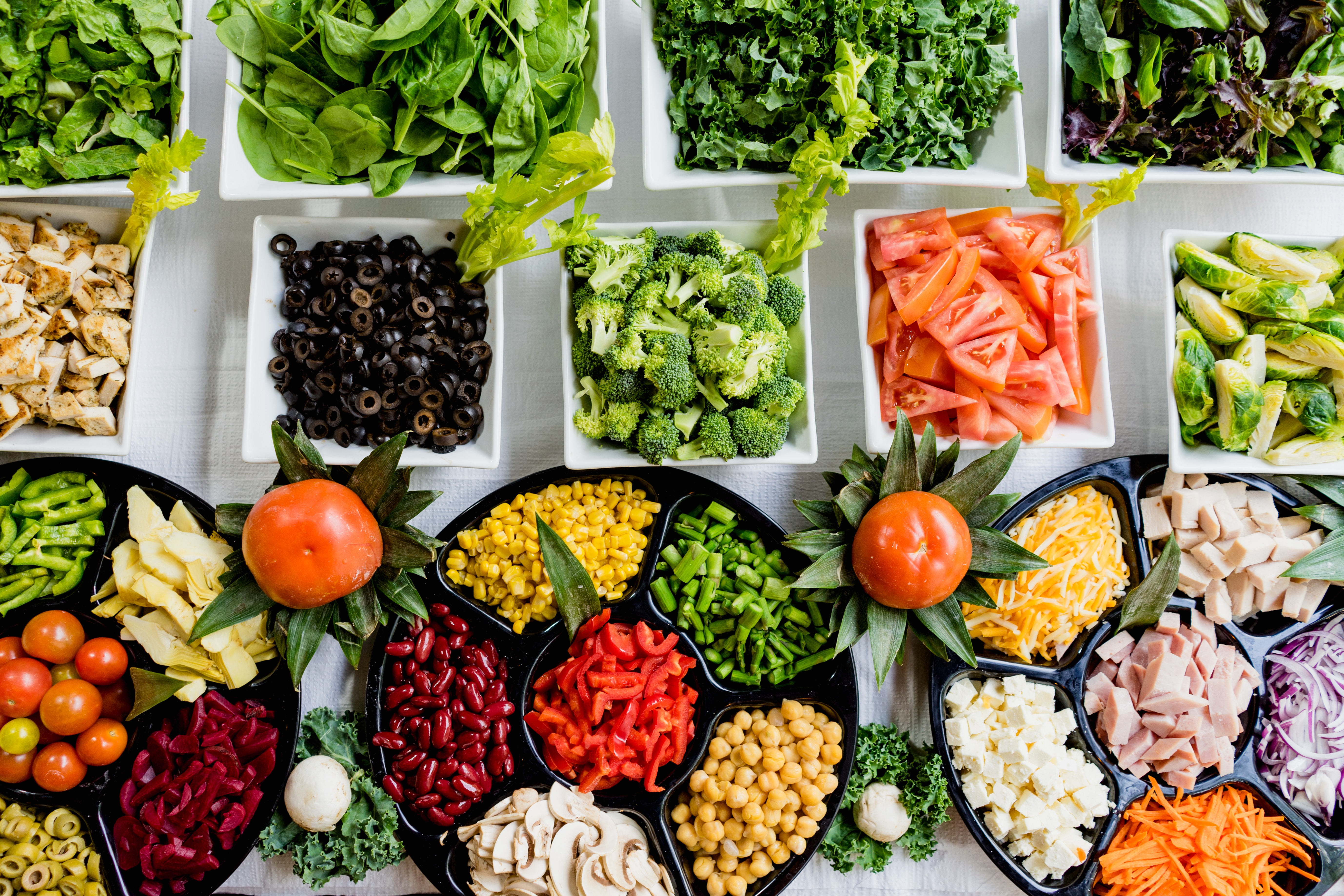Will Loose Fruit and Veg Become the New Norm?

Ever since the coronavirus pandemic began in 2020, retailers and consumers alike have been understandably more cautious when it comes to hygiene and food safety. However, that being said, there’s also rapidly increasing pressure on businesses to be more environmentally friendly and reduce the amount of plastic and general waste they produce.
The rise of recycled packaging
Many food manufacturers have already taken steps to implement more eco-friendly processes in their warehouses, including producing greener packaging such as those made with recycled materials.
In fact, the average monthly search rate for ‘sustainable packaging’ in the UK went up by 594% between 2016 and 2021. However, the charity WRAP (Waste and Resources Action Programme) says there’s more that needs to be done.
Will loose fruit and veg become the new norm?
WRAP certainly hopes so!
The not-for-profit organisation has set a target for the amount sold loose to double to 30% by the end of 2025. The aim is to target 50% by the end of 2030. In 2021, the figure was 15% [Packaging News].
What does this mean for food manufacturers?
Put simply, with this new protocol, food safety will become even more important alongside the reduction of risk of contamination and product recalls.
It goes without saying that stringent hygiene measures should always be in place regardless, however, there is a way to make meeting these standards even easier.
HP® AM AntiMicrobial food belts
Our HP® Antimicrobial belts combine the advanced antimicrobial bacteriostatic action with the premium features of the HP® line. The bacteriostatic action prevents bacteria build-up on the belt surface by breaking the cycle of biofilm creation, making them the ideal choice to help manufacturers meet WRAP targets.
If you’d like to find out more about our range of food belts, get in touch with the team today.
